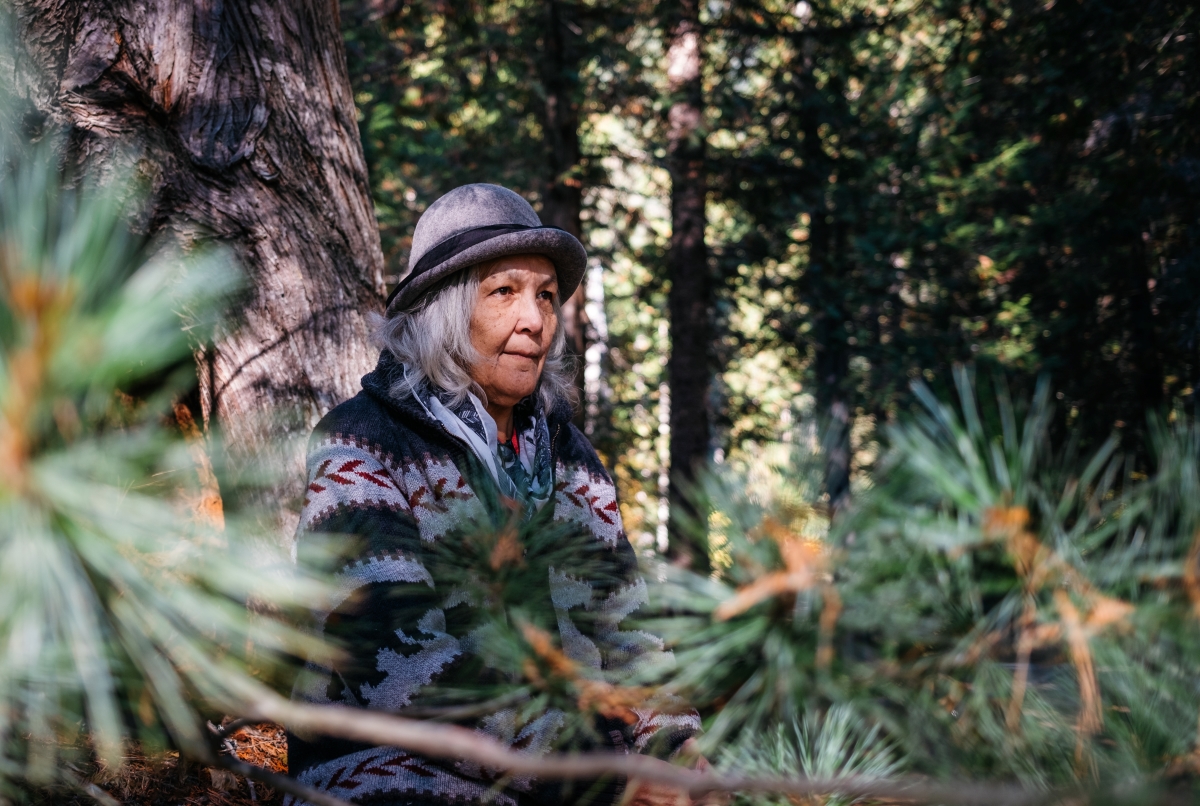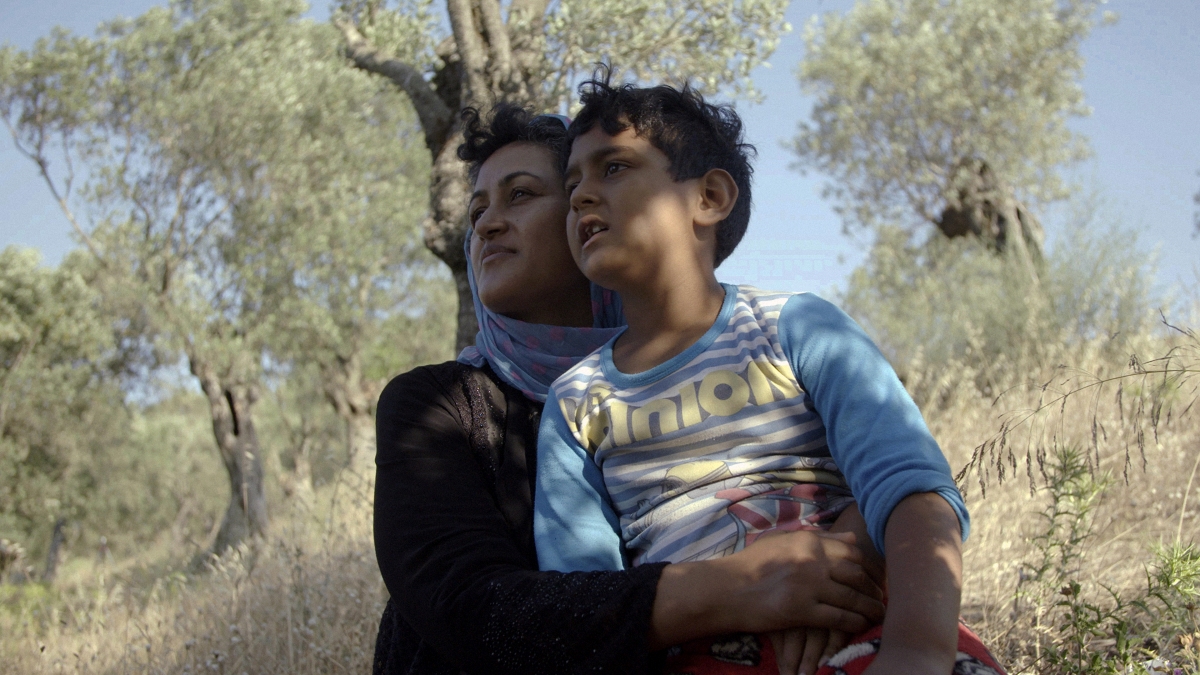Beyond Extinction: Sinixt Resurgence
(Canada, 98 min.)
Dir. Ali Kazimi
“This is a story about a ghost people that live in a ghost territory.” So begins filmmaker Ali Kazimi’s (Continuous Journey,Random Acts of Legacy) thoughtful and meticulously researched doc about the Sinixt people, an Indigenous group originally based in the Arrow Lakes region of BC’s Interior. Kazimi was welcomed into traditional Sinixt territory, which stretches from Kettle Falls in Washington state up through the Kootenay Mountains in 1995, when he was introduced to Elders who were launching a fight to reclaim their ancestral grounds. This fight would continue over nearly three decades, as the Sinixt laboured to reclaim the territory that had been stripped away from them by colonial government policies beginning in the mid-1800s. Miraculously, Kazimi was able to keep his camera trained on this struggle for 25 years, resulting in a final film that may have otherwise been very different.
The Sinixt’s claim to their territory was erased twice over: first by the US and British governments who divided the land with a border in 1846, and again in the early 1900s by Canada’s Indian Act. The latter gave status and reserve land to a small group of Sinixt people but once the last registered member passed in the 1950s, the Canadian government declared the Sinixt Nation extinct. This declaration is at the heart of Sinixt struggles for sovereignty, and of Kazimi’s film. Through a detailed exploration of what the stamp of “extinction” meant to a living people, Kazimi presents a sharp and searing indictment of colonialism and the devastation it’s enacted on Indigenous peoples.
The film follows the Sinixt Elders and activists—both from Canada and the divided territory in the US—who occupied this ancestral ground for years and fought off development, logging, and competing land claims from other Indigenous Nations. The story is critical history for the province known as British Columbia, but also holds much wider resonance for a country currently grappling with its colonial past and present. As one Elder states near the film’s beginning, “cultural identity for Native people is tied to land. If you can’t access your land you can’t practice that identity.” Living in a country that was mercilessly atomized by the reserve and treaty system and continues to enact colonial violence on Indigenous land through resource extraction, the message could not be timelier.
Beyond Extinction: Sinixt Resurgence is not short on detail or context. Kazimi takes great care to provide important history, often illuminated through archival footage including 1990s DVR videos, maps, and photos, for the Sinixt’s case. Using his own voiceover for the film, he narrates in a calm, soft voice the story of the Sinixt from their fateful “erasure” to the present day. While voiceovers can often feel tedious in a long film, or take up unwarranted space when the focus should be on the subject at hand, Kazimi’s is welcome in this doc. His personal feelings about the Sinixt are inserted only where it feels appropriate, and his reflections on being an immigrant himself, and of feeling complicit in settler colonialism even as an outsider to Canada, are illuminating. The issue of transnational access to Sinixt territory becomes central to the film’s focus, producing a thematic thread about the harm borders enact, which adds further depth to the story.
Beyond Extinction is also a beautiful film in its own way—not just for the shots of the stunning lakes, mountains and forest that make up Sinixt territory, but also for the very struggle it captures. The commitment the small group of Sinixt activists clearly feel to protecting their land, culture, and collective history, and the resilience required to do so, is stirring. Watching Elders gather around the small occupation camp they’ve run for decades to celebrate and make food for legal fundraisers can only be called an act of love, beauty, and defiance. Kazimi’s film clearly called on this same spirit in its making and deserves to be widely seen.
Beyond Extinction premiered at DOXA 2022.












